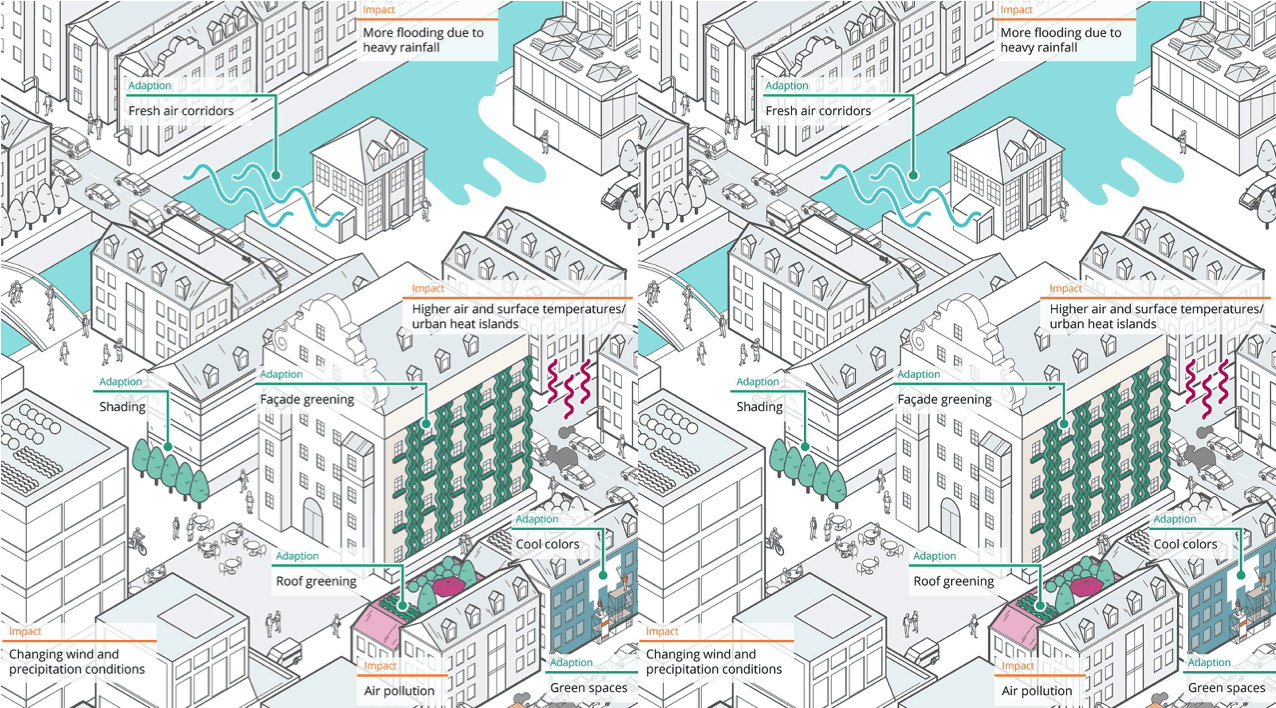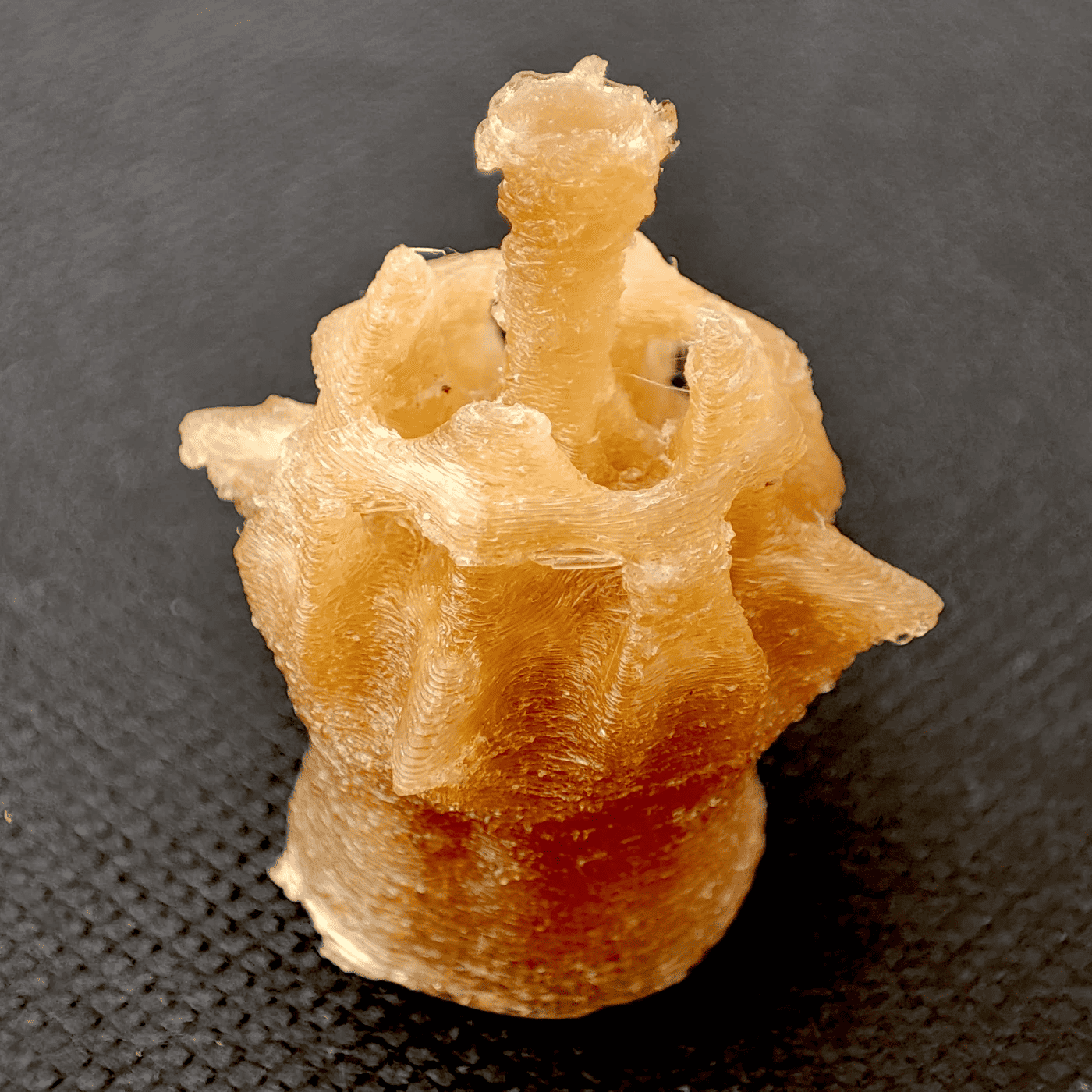
This headline almost seduces to immediately change one’s dietary plan and incorporate more yogurt, sauerkraut and Miso – foods, which are fermented by a probiotic – into the stressful everyday life. According to the WHO, probiotics are “viable microorganisms that, when administered in sufficient quantities, have a health-promoting effect on the host”. In particular, because they support digestive measures and produce vitamins together with other bacteria found in the human body, especially in the intestines. But coping with stress is not quite as simple as that: probiotics are available in many forms and not all have the same effect.
Study with 40 Healthy Volunteers
It has now been scientifically proven that the probiotic type Bifidobacterium longum 1714 TM in particular, can both improve stress processing and make it easier for healthy people to cope with stress. This at least shows a study of the department “psychosomatic medicine and psychotherapy” at the University Clinic Tübingen.
For their study, Tübingen professors Paul Enck (Psychosomatics) and Christoph Braun (MEG Centre) examined 40 healthy volunteers. These subjects took either the probiotic or a placebo every day for four weeks in a so-called double-blind trial. The participants were exposed to a social stress factor (stressor) before and after the four-week intake as follows: With the help of a virtual ball game, the test person and two opponents threw each other a ball alternately on the computer. In the course of the game, the subject was increasingly excluded from the group. This was supposed to trigger the feeling of isolation. Which in this case is comparable to stress in everyday life.
Brain Scanner Measures Brain Activity
The test persons played the game before and after taking the capsule. At the same time the brain activity was measured by a brain scanner, the so-called magnet encephalograph (MEG). In this way, both situations, play and isolation, could be compared. The activation of the brain was also compared before and after four weeks of use, as well as between subjects receiving probiotics or placebo. This clearly showed that the probiotic can produce changes in the brain regions associated with stress regulation: In the comparison of brain activity after placebo versus probiotic use, the activity of the latter subjects before the game and under the stress of the stressor showed increased vitality and reduced mental fatigue. This indicates improved coping with stress situations and counter-regulation of negative emotions.
Test by Changing Stress Stimuli
The findings show for the first time, that a probiotic has a positive influence on social stress situations in the sense of better stress management. In contrast to previous studies, the central processing of stress stimuli was changed here. Findings from previous studies were mostly limited to subjectivity or came from psychological tests. The conclusions of the study so far only apply to the particular used probiotic, which was developed and supplied by the company Alimentary Health Ltd. Cork, Ireland. The result cannot be transferred to all probiotics. The original study can be found in the American Journal of Gastroenterology 2019.







